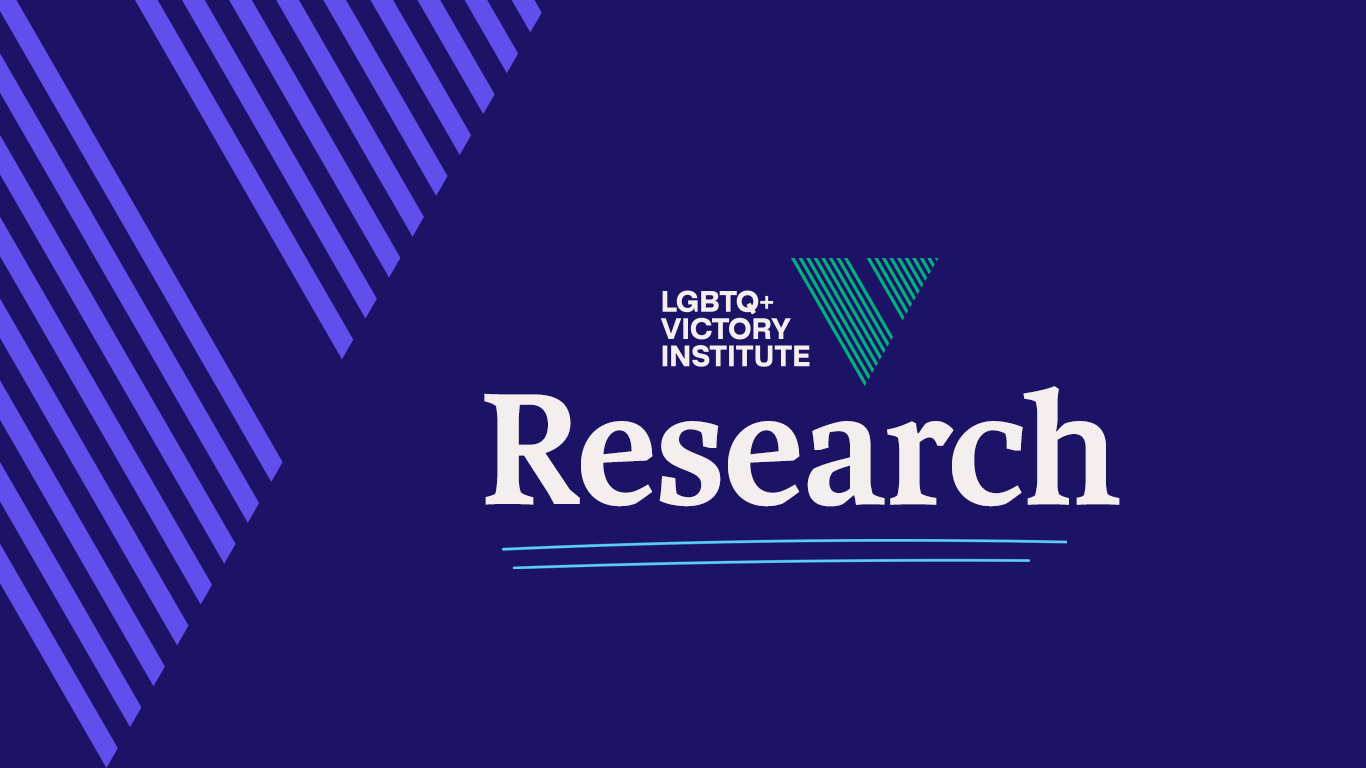Published July 8, 2021
This LGBTQ+ Victory Institute report shows queer* cisgender women run for office at significantly lower rates than queer cisgender men, but that queer cisgender women candidates consistently outperform their men counterparts on Election Day. The analysis of 1,088 LGBTQ+ candidates endorsed by LGBTQ+ Victory Fund from 2016 to 2020 shows queer cisgender women won their races 69 percent of the time, compared to just 59 percent for queer cisgender men. It also found endorsed trans women candidates won their races 54 percent of the time.
The findings are remarkably consistent with a 2017 Victory Institute analysis that reviewed endorsed candidates from 2007 to 2016. It found queer cisgender women won 70 percent of the time, compared to 61 percent for queer cisgender men. Other existing research suggests heterosexual men and women candidates win elections at similar rates, making the findings for queer cisgender women candidates even more notable.
While queer cisgender women win at higher rates, the report also shows they run for office in much lower numbers, resulting in a disparity of representation among LGBTQ+ elected officials. If they ran at the same rate as queer cisgender men, queer cisgender women elected officials would outnumber queer cisgender men elected officials for the first time in the year 2037.
Download the complete report for all the findings, including visual representations of the data.
* In this report, “queer” is used as an umbrella term to encompass the sexual orientations lesbian, gay, bisexual, queer and others that are not heterosexual.
